Smart bulbs are advertised as a cost-effective and versatile alternative to old incandescent light bulbs. However, many people are pretty skeptical about these claims since smart bulbs have additional electronic filling in them which just isn’t present in incandescent bulbs. Does more tech equal more energy consumption? do smart bulbs use electricity when off ?
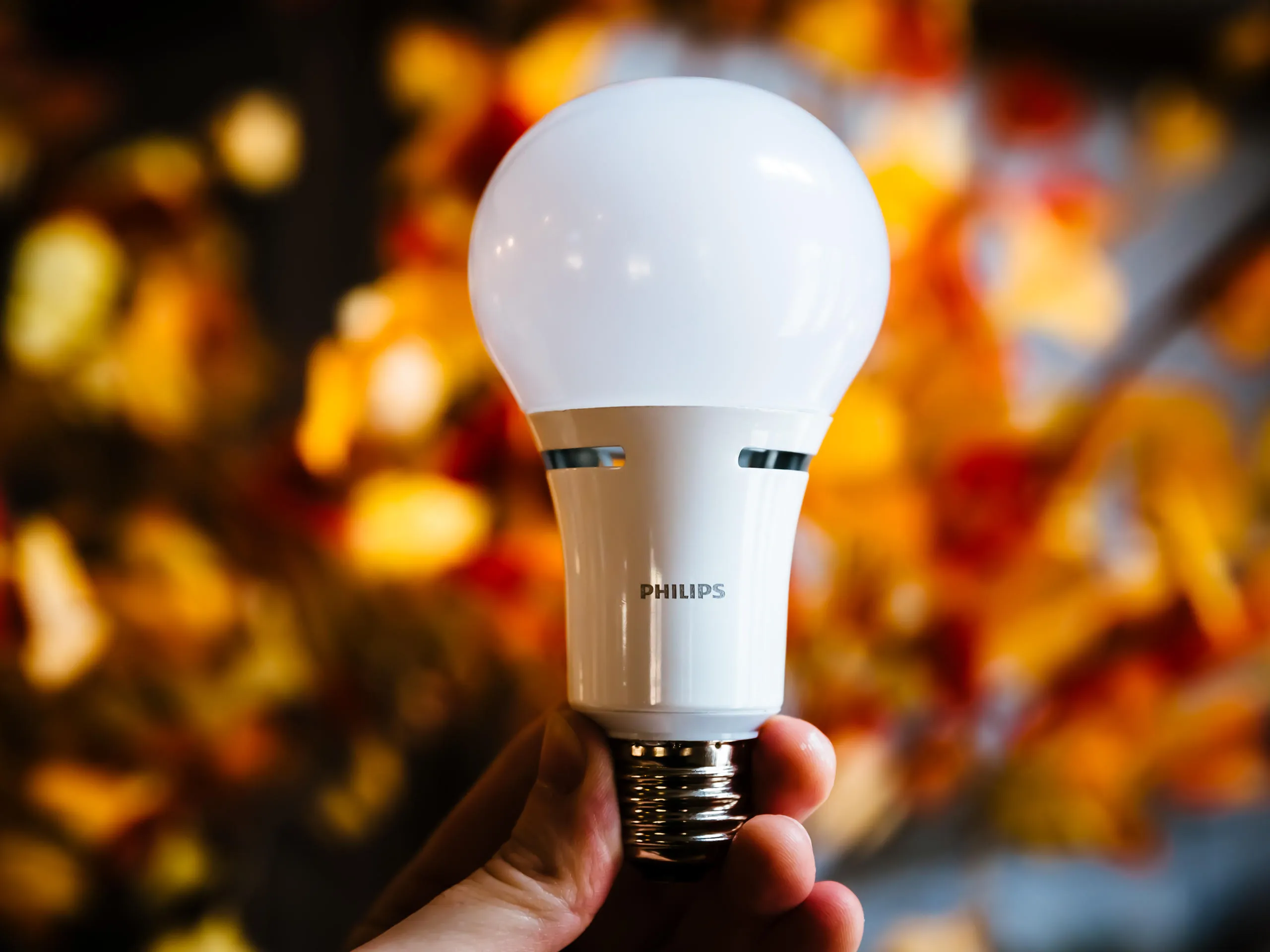
What is a smart bulb?
First, it is important to look more thoroughly into the matter and understand what a smart bulb actually is.
A smart bulb is an LED light source that can be connected to a smart home system. You can connect it to your smartphone, to a smart assistant, a motion sensor, etc. The idea is that you can manage the lighting in your house remotely and more efficiently.
A smart bulb is a type of LED light bulb that can be controlled remotely using a smartphone, tablet, or other compatible device. Smart bulbs connect to your home Wi-Fi network and can be operated using a dedicated app or voice commands through a smart home assistant like Amazon Alexa, Google Assistant, or Apple HomeKit.
Smart bulbs ( smart light bulb) offer a range of features, such as the ability to adjust the brightness and color temperature of the light, set schedules for the light to turn on and off, and create scenes that can be activated with a single command. Some smart bulbs can even be programmed to change color based on the time of day or to respond to certain events, such as a door opening or a phone call.
Smart bulbs can be a convenient and energy-efficient addition to your smart home setup, allowing you to control your lighting from anywhere and reducing your energy usage by automatically turning off lights when they are not needed.
How does a smart bulb work?
Most smart bulbs consist of three main parts: a light-emitting diode (LED), a small computer, and a transmitter.
The transmitter registers signals from your smart devices, usually through the means of Wi-Fi or Bluetooth. The signals are processed in the computer that acts as a light switch and turns the LED light on and off and changes other settings.
Do smart bulbs use electricity when off?
The short answer to this question is yes. Smart bulbs do use power even when they do not emit any light. It might sound like a terrible technological flaw at first. Do light bulbs use electricity when turned off? No! So, the smart bulbs shouldn’t as well! A bulb that uses power whether it’s on or not. Who needs that?
The truth is slightly more complicated, however. The amount of power consumed by smart lights is truly meager. Give smart bulbs a chance, and you’ll see that things are not that bad actually, and the pros do out outweigh the cons.
Why do they use power when they are off?
We can start with the fact that smart lights are not the only gadgets in your house that use power when off. Many appliances have the so-called standby mode.
Your fridge needs some electricity to keep track of the temperature. Your TV’s infrared sensor is constantly on and ready to register the signal of the remote control. The phone chargers you leave in the outlet also leech some energy.
The little computer and the transmitter in your smart light bulbs are also running all the time because they’re needed to receive your commands.

How much power do smart light bulbs use when off?
The good news is that the vampire power draw is incredibly low. It is not something you’ll notice in your electricity bill. It is estimated that on average, you’ll only pay up to ten cents more per bulb per month. It’s just $1.2 a year!
How much does a smart bulb cost?
Smart bulbs cost considerably more than other lights. The prices vary between $10 and $50. A $20 bulb will be the optimal pick for most users. Pricey. However, as you will see in the next section, this investment will definitely pay off.
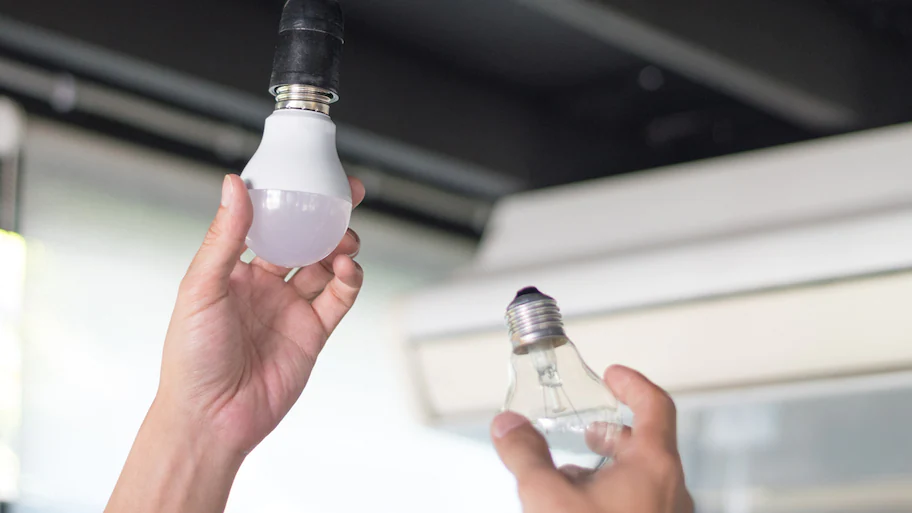
The main benefits of smart bulbs?
1. Save money and energy. So, the question still stands: Do smart bulbs(smart lighting) take more electricity? Absolutely not.
All smart lights are based on LED light bulbs, which are extremely energy efficient. Smart bulbs use at least 75% less electricity than regular lights. Even if we account for the standby power, in the long run, you will save hundreds of dollars.
2. Automatically turn on and off. Do you often forget to turn off the lights? Smart bulbs are what you need. You can pair them with a motion detector that will turn the light off when there’s no one in the room.
3. Customizable. The opportunities are endless. For example, you can program the bulb to change the light intensity throughout the day. In the morning, it can gradually become brighter, waking you up more naturally and gently.
If you have kids, smart bulbs can become great night lights, emitting dim warm light.
4. Integrate with other intelligent devices. Connecting smart lighting with a digital assistant like Alexa, or with your smartphone, opens up a whole new field of opportunities.
5. Voice control. Controlling the appliances in your home with voice commands is very practical. Just say “lights off” if you don’t wanna get out of bed at the end of a long and exhausting day.
6. Convenience. Sometimes you don’t even have to say a word. Just connect the bulbs to your smartphone and the lights will automatically turn on when you approach your premises and turn off when you leave.
7. Smart lights last a long time. LED lights will serve you for years. Regular filament lamps last approximately 800 hours, whereas LEDs can easily make it to 27 thousand hours!
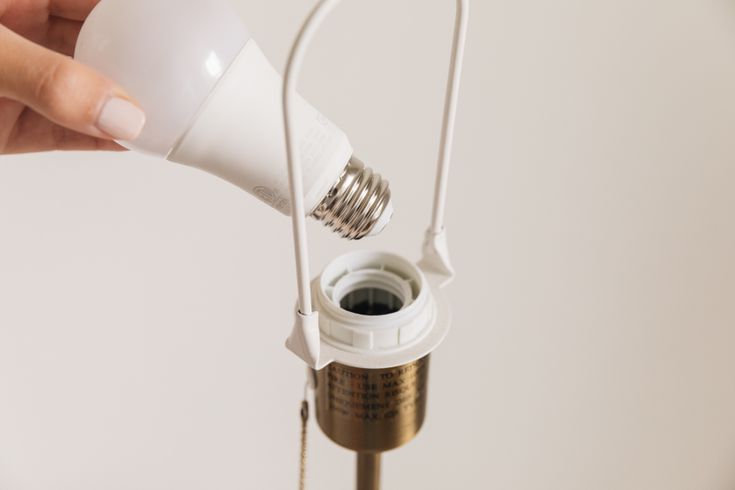
Smart lights bulbs vs. smart switches vs. smart plugs
As you can see, smart bulbs are extremely flexible when it comes to customizing them to your individual taste. However, you might be interested to learn about a couple of other smart tools with similar functionality.
Smart switches. Some people might argue that smart switches are superior to smart bulbs in many respects. For one, this switch will turn every dumb bulb in the room smart. It’s even better if you’ve already invested in LED bulbs. You won’t be able to control each bulb individually, though.
Installing these switches might also be a bit of a hassle. If you don’t have much experience working with wiring, I’d advise you to hire a professional to do that.
Smart plugs. Smart plugs are much easier to install. Just stick them into an ordinary outlet, and you’re good to go. Now it is a smart outlet, and you can remotely turn off any appliance that is plugged into it.
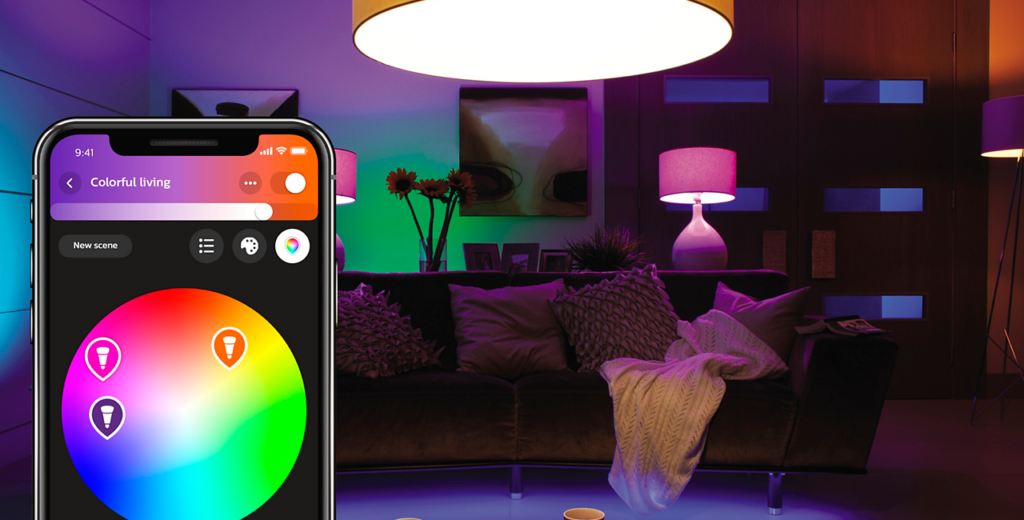
Best smart bulb brands
If upon reading the article you’re thinking of purchasing smart bulbs, here are some of the greatest products the market can offer.
Philips Hue. Philips Hue is a brand that’s been in the business of smart home technology for many years. They have a large number of products in stock, including intelligent or regular LED bulbs and other necessary items like switches and motion sensors.
C by GE. C by GE is another noteworthy company. Besides light bulbs, they also sell smart kits (neat packages that include several intelligent products), ceiling fixtures, etc.
Hive Active Lighting. The name of this brand speaks volumes. In addition to the aforementioned switches and dimmers, Hive Active Lighting offers smart thermostats. All three companies have their own smartphone apps which are compatible with both iOS and Android.
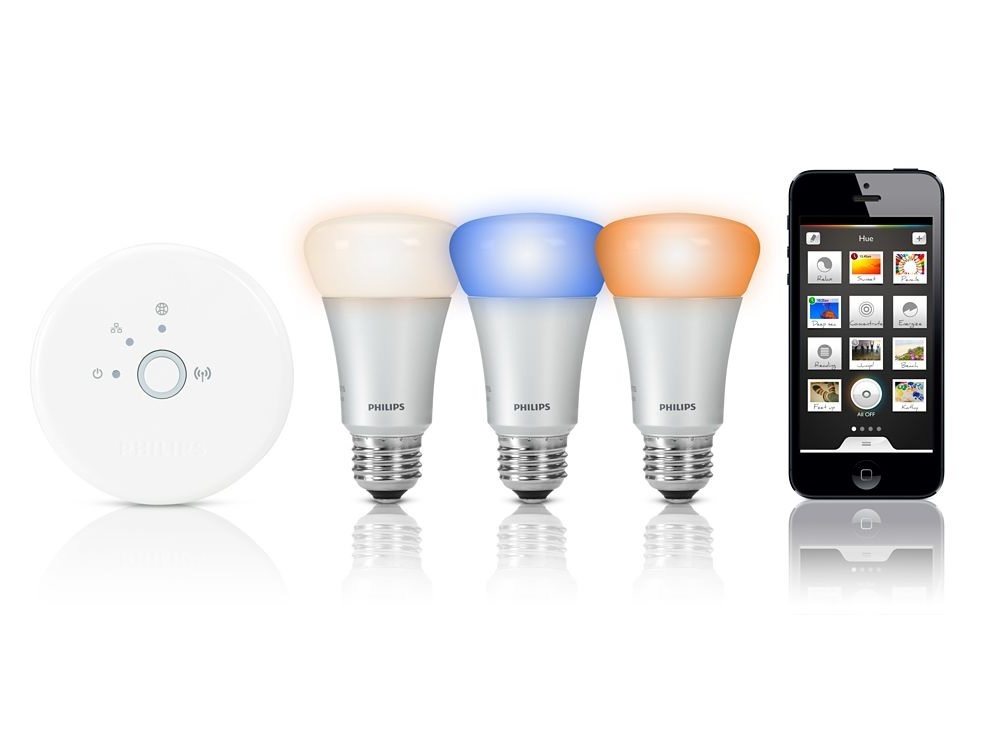
Conclusion
All in all, smart bulbs are a grade upgrade for your home. If you had some reservations about how much electricity they use, do not worry. As you can see, it is nothing you will notice in your energy bills.
The standby power draw does add a couple of cents a month, but it is nothing in comparison to the money you’ll save with an energy-efficient smart LED bulb. Moreover, there is also an environmental factor to consider. The LED bulb lasts a lot longer than the regular old light bulb invented by Thomas Edison. And it means a lot less waste.
And of course, smart light bulbs give you unprecedented freedom and convenience. Tune your house lighting any way you want; control it with your voice or with your phone; create unique personal scenarios thanks to a smart assistant. The possibilities are endless.
Read also: Best outdoor light bulbs for cold weather: TOP 9 best energy savings lamps
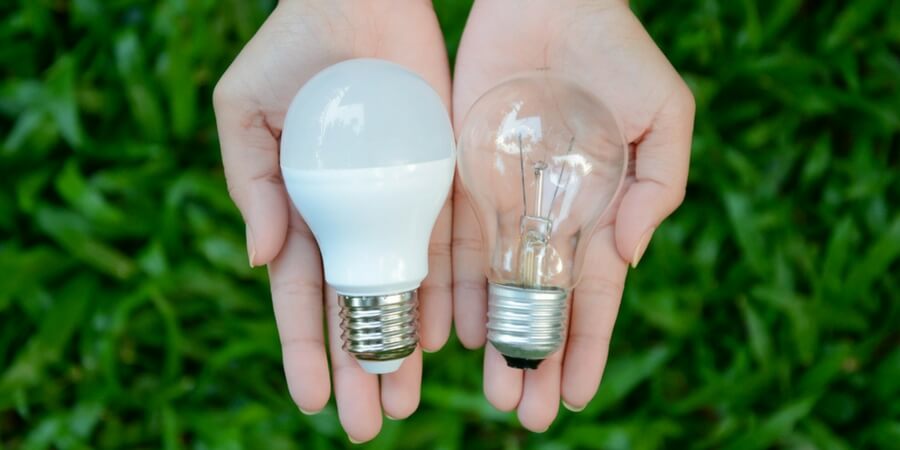
Do you leave smart bulbs on all the time?
Smart bulbs can be left on all the time, but it’s generally recommended to turn them off when they’re not needed to save energy and prolong their lifespan. Most smart bulbs have scheduling and automation features that allow you to turn them on and off at specific times or based on certain triggers, such as motion detection or sunset/sunrise times.
Do light bulbs use electricity when turned off?
No, light bulbs do not use electricity when turned off.
Is it OK to leave the switch on with a smart bulb?
Yes, it is generally okay to leave the switch on with a smart bulb, as long as the switch is compatible with the bulb and is not a dimmer switch.
How much electricity do smart bulbs use when off UK?
The electricity consumption of smart bulbs when turned off in the UK is typically very low, usually around 0.1 watts or less.
How much does it cost to run a 40 watt light bulb UK?
Assuming an electricity rate of 14p per kWh, running a 40-watt light bulb in the UK for 1 hour would cost approximately 0.056p (less than 1 pence). Running it for 8 hours a day would cost approximately 0.448p (less than half a pence) per day, or about £1.61 per year.
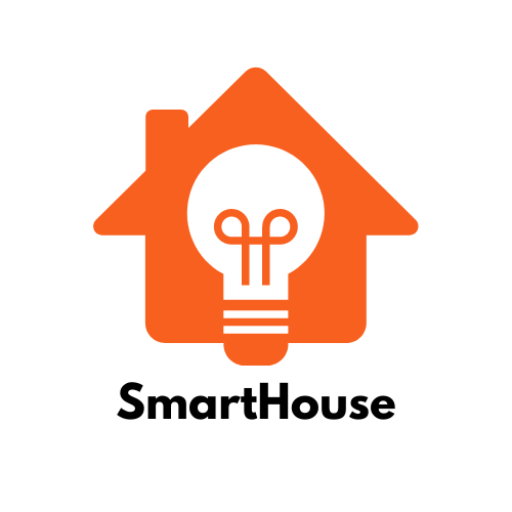
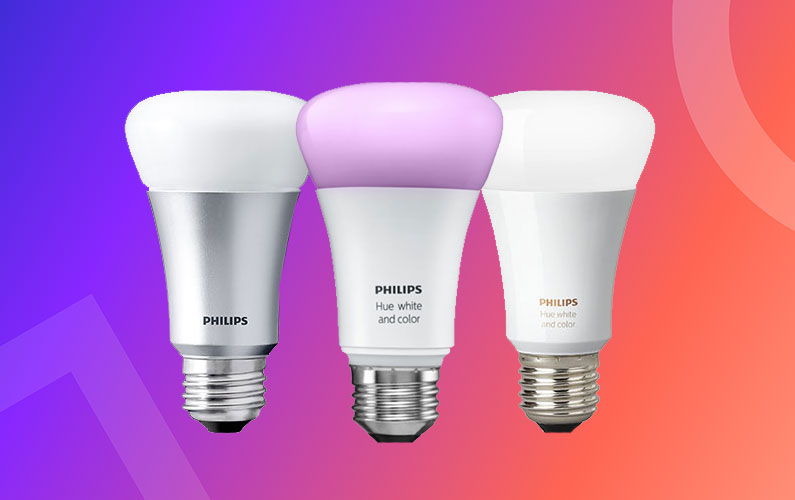
Leave a Reply